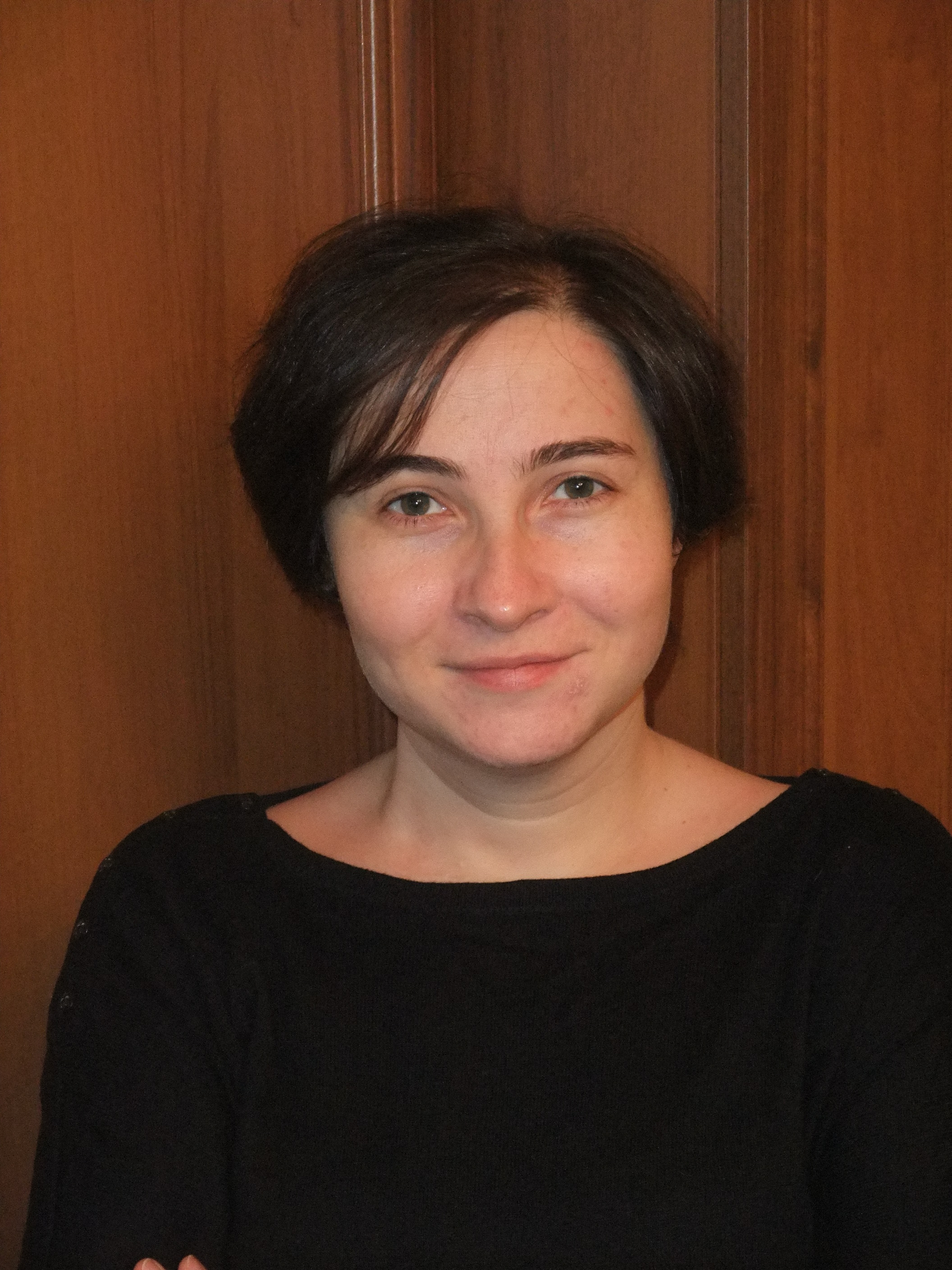
"Direct conversion of fibroblasts into bladder epithelia"
Year: 2017
Institution: Stony Brook University
Principal Investigator: Dr. Flaminia Maria Talos
Research Category: Basic Science
Bladder cancer has the highest lifetime treatment costs per patient of all cancers
due to high rates of disease recurrence, frequent and invasive follow-ups, and expensive
techniques for diagnosis and treatment. Despite these worrying facts, bladder cancer
remains largely understudied and underfunded and little progress has been made in improving
the life quality of bladder cancer patients. In most cases, the treatment involves removal of the bladder wall
followed by reconstructive surgeries usually involving intestinal tissue. These interventions leave the patient
with highly debilitating long-term problems that increase costs and morbidity. Although an urgent clinical need,
obtaining healthy functional bladder tissue for transplantation applications has proved a
challenging objective. We offer here a cutting-edge solution in this direction. We propose to
generate de novo urinary bladder epithelium in vivo from mouse and human fibroblasts
through transdifferentiation and tissue reprogramming. To facilitate tissue reprogramming,
we are employing an unbiased systems biology approach to uncover the key regulator genes of bladder development.
Our work has broader implications for regenerative medicine and translational research. Generating bladder
urothelium could have direct clinical applicability in regenerative medicine for organ
rehabilitation post-cystectomy in cancer patients or pediatric patients with bladder exstrophy or
in need of urinary bladder augmentation. Our approach could enable the analysis of human
bladder cancer early progression through the oncogenic transformation of induced bladder
tissue and would offer a new platform for drug screening and identification of new biomarkers.
due to high rates of disease recurrence, frequent and invasive follow-ups, and expensive
techniques for diagnosis and treatment. Despite these worrying facts, bladder cancer
remains largely understudied and underfunded and little progress has been made in improving
the life quality of bladder cancer patients. In most cases, the treatment involves removal of the bladder wall
followed by reconstructive surgeries usually involving intestinal tissue. These interventions leave the patient
with highly debilitating long-term problems that increase costs and morbidity. Although an urgent clinical need,
obtaining healthy functional bladder tissue for transplantation applications has proved a
challenging objective. We offer here a cutting-edge solution in this direction. We propose to
generate de novo urinary bladder epithelium in vivo from mouse and human fibroblasts
through transdifferentiation and tissue reprogramming. To facilitate tissue reprogramming,
we are employing an unbiased systems biology approach to uncover the key regulator genes of bladder development.
Our work has broader implications for regenerative medicine and translational research. Generating bladder
urothelium could have direct clinical applicability in regenerative medicine for organ
rehabilitation post-cystectomy in cancer patients or pediatric patients with bladder exstrophy or
in need of urinary bladder augmentation. Our approach could enable the analysis of human
bladder cancer early progression through the oncogenic transformation of induced bladder
tissue and would offer a new platform for drug screening and identification of new biomarkers.
The above project description has been supplied by the Principal Investigator
